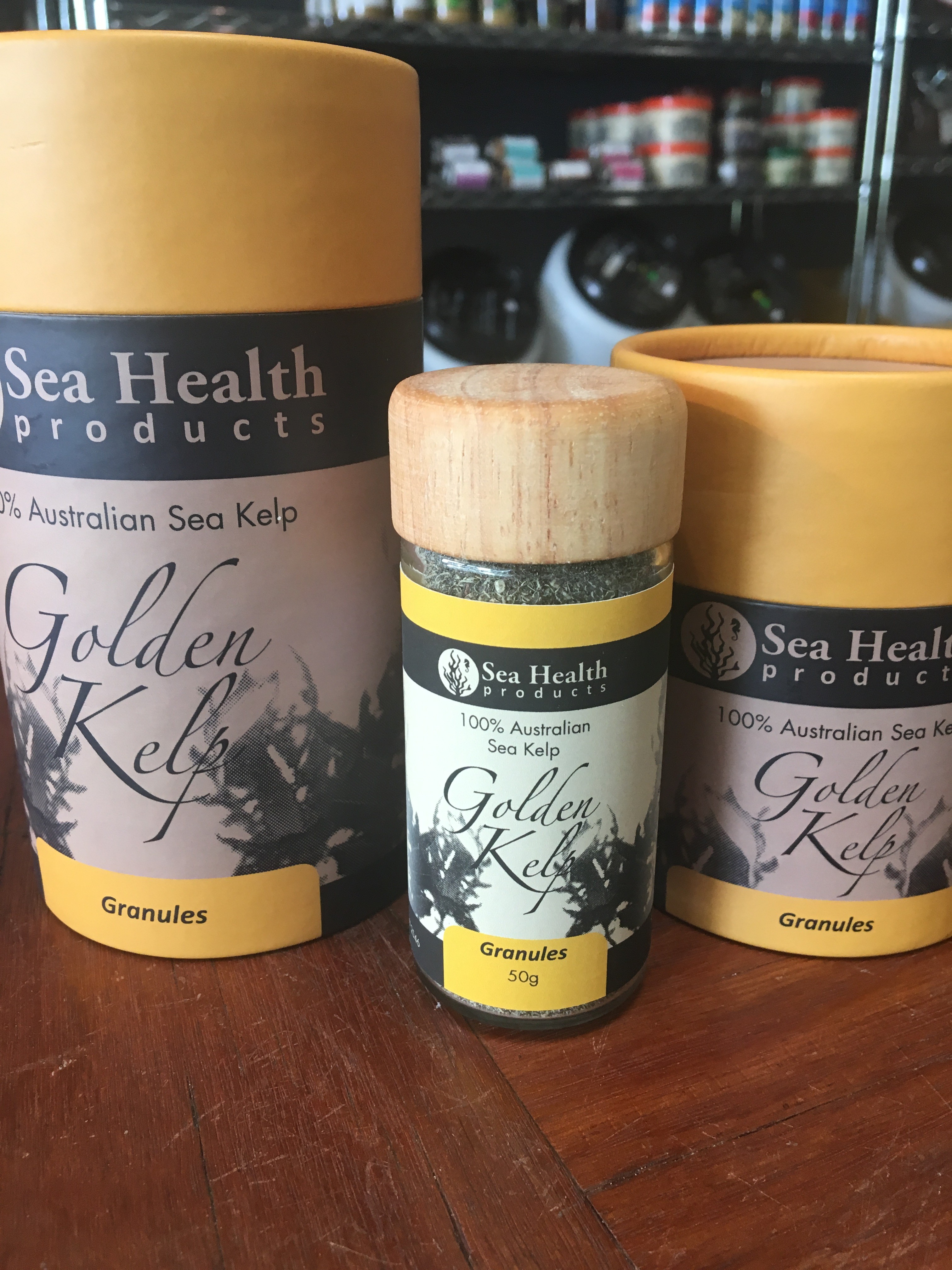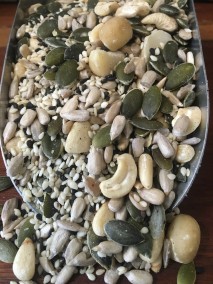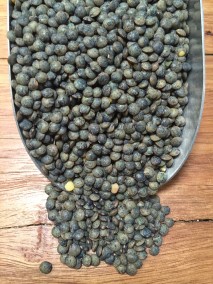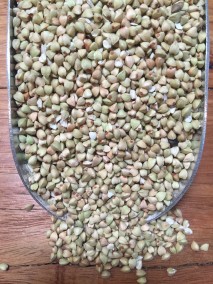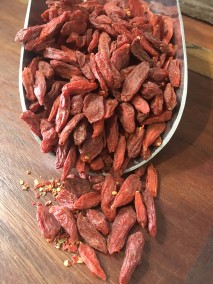Description
Vitamin and mineral riches:
Sea kelp (seaweed) contains more than 60 essential vitamins, minerals and trace elements and is increasingly being recognised as an important natural source of vital nutritional requirements. Recent attention on the diets of cultures with a history of health and longevity has also emphasised the role of sea kelp. The Japanese in particular have attracted much attention in this respect, with sea kelp traditionally accounting for as much as 25% of their diet. Sea kelp is now also gaining popularity in Australia and the western world as a unique natural tonic and an excellent source of iodine.
Sea kelp is actually the richest known source of natural (organic) iodine, which is vital for the prevention and treatment of iodine deficiencies.
Iodine is also important to the function of the thyroid gland, and is a key component of thyroid hormones, which are required for normal development and metabolism. Sea kelp thus offers potential advantages to people looking to find and maintain a healthy body weight as regulating metabolism can play an important role in this goal.
Sea kelp also contains magnesium, calcium, iron, copper, potassium, zinc and natural sea salt. It has the highest natural concentration of calcium of any food (10 times more than milk) and is an excellent alternative to salt. It is also high in fibre and has protein, vitamins A, B, C and E, and beta-carotene – an antioxidant that researchers believe may play a role in cancer prevention.

